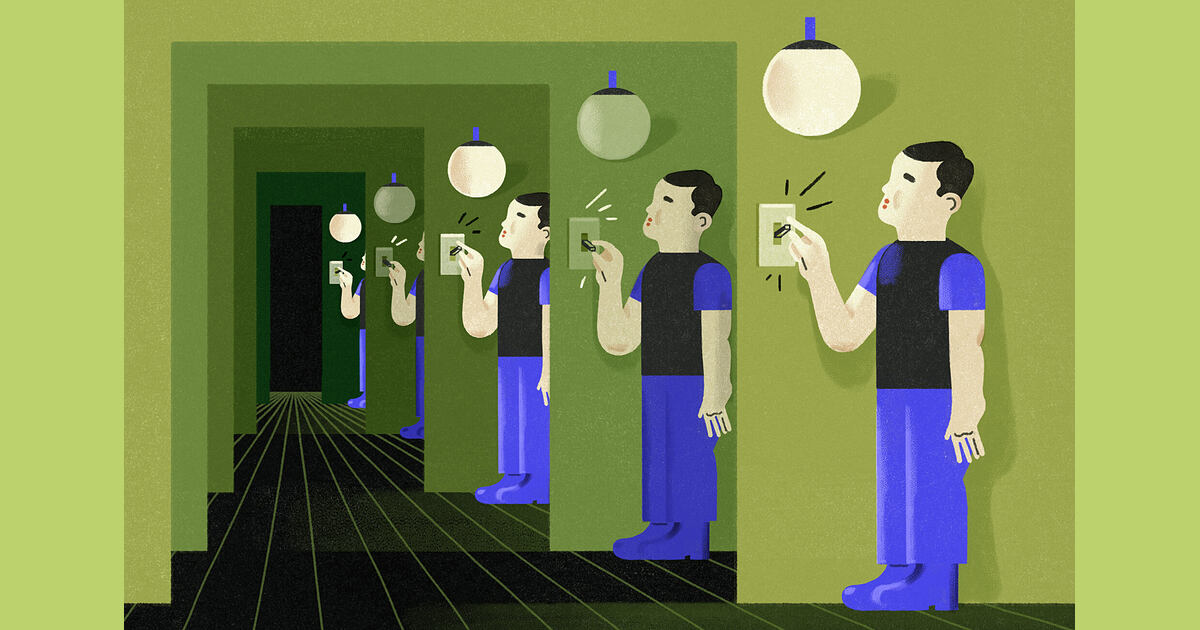Ever wondered what are the causes of OCD? In this brief exploration, we’ll unravel its mysteries, from its potential origins to when professional help becomes crucial.
Obsessive-Compulsive Disorder (OCD) affects millions of Americans and is a subject of frequent inquiry among individuals experiencing OCD-like symptoms.
Approximately 2.5 million adults in the United States are clinically diagnosed with OCD according to the Diagnostic and Statistical Manual of Mental Disorders (DSM). This authoritative guide is instrumental in aiding clinicians in diagnosing mental health disorders and recommending appropriate interventions.
The causes of OCD remain not fully understood, but it is believed to be influenced by a combination of factors.
- Genetic and Learned Behavior: Genetic and hereditary factors play a role in OCD development. Additionally, learned behaviors, acquired through observation over time, can contribute to the manifestation of OCD symptoms.
- Biological Factors: Emerging research suggests that biological changes in brain chemistry and neurotransmitter imbalances in specific brain regions may trigger OCD. However, ongoing research is needed to fully comprehend these mechanisms.
- Nature and Nurture: OCD often arises from a combination of factors. Some are related to one’s innate disposition, such as personality traits characterized by inflexibility and fearfulness. Others are influenced by environmental factors, including a lack of understanding, support, or early intervention.
OCD manifests through intrusive thoughts and irrational fears that drive specific compulsive behaviors. Common symptoms include an obsession with cleanliness or germs, the need for specific arrangements or rituals to prevent harm, and the fear of dire consequences if these actions are not performed.
Personality traits like inflexibility, rigidity, and fearfulness, as well as heightened levels of stress and anxiety, can also be contributing factors.
It is important to differentiate between mild OCD-like symptoms and clinically diagnosed OCD. While some individuals can manage milder symptoms or perfectionistic tendencies independently, clinically diagnosed OCD typically necessitates professional assistance or medical intervention. Treatment options include talk therapy, behavioral therapy, and medication.
Understanding OCD, its potential causes, and recognizing when professional help is required is crucial in addressing this mental health disorder.
While OCD-related symptoms are common, a clinical diagnosis should be made in accordance with the DSM guidelines, which encompass specific criteria to distinguish it from milder manifestations.
OCD’s impact on the lives of those affected underscores the importance of early intervention and appropriate treatment modalities to improve their overall well-being.








Leave a Reply
You must be logged in to post a comment.